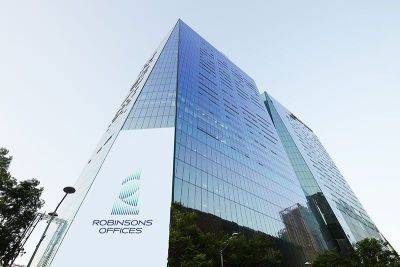Sustainability, hyper-localization to define future of responsible tourism — experts
SENTOSA, Singapore — Issues on travel being a force for good was among the topics discussed at the TravMedia Summit Asia 2024 held in Sentosa Island, Singapore last October 21.
This was the 12th edition of the TravMedia Summit Asia, the event itelf present in seven countries but the first time being held on the island.
The first panel discussion moderated by The Center for Responsible Tourism Singapore director Kevin Phun revolved around responsible tourism and how travel acts as a force for good.
Making up the panel were World Women Tourism founder Nisha Abu Bakar, Walk Japan head Paul Christie, Minor Hotels Group Director of Sustainability and Conservation John Roberts, and Norway's Havila Voyages Chief Communications & Sustainability Officer Lasse Vangsten.
Vangsten kicked off the panel by sharing how cruises contribute to a circular economy, and in the case of Havila Voyages, it has created jobs along the Norwegian coastline and following a time-sensitive schedule is a big help for locals welcoming cruise guests.
Shifting to the contribution of hotels, Roberts said food waste is currently being monitored more, citing examples in Thailand were food is repurposed by being given out to the suburbs and nearby communities instead of joining more organic waste in landfills.
Related: Gabbi Garcia, Khalil Ramos share Taiwan travel tips
On the issue of responsible practices regenerating supply chains, Abu Bakar shared examples from two Asian countries Bhutan and Brunei.
She said the government of Bhutan — known as the happiest country in the world — is looking at turning conservation into a form of tourism development, increased employment in microbusinesses, and adding local jobs for infrastructures.
In Brunei, tourism isn't a major focus but the country is taking a look at eco-tourism and is looking at farming as an opportunity for tourism development.
Abu Bakar added that among the concerns if tourism isn't developed properly, craft industries would die out and there will be a significant loss of interest among the youth.
The three men then gave examples of how tourism was benefitting local communities, with Roberts pointing out "hyper-localization" is becoming







